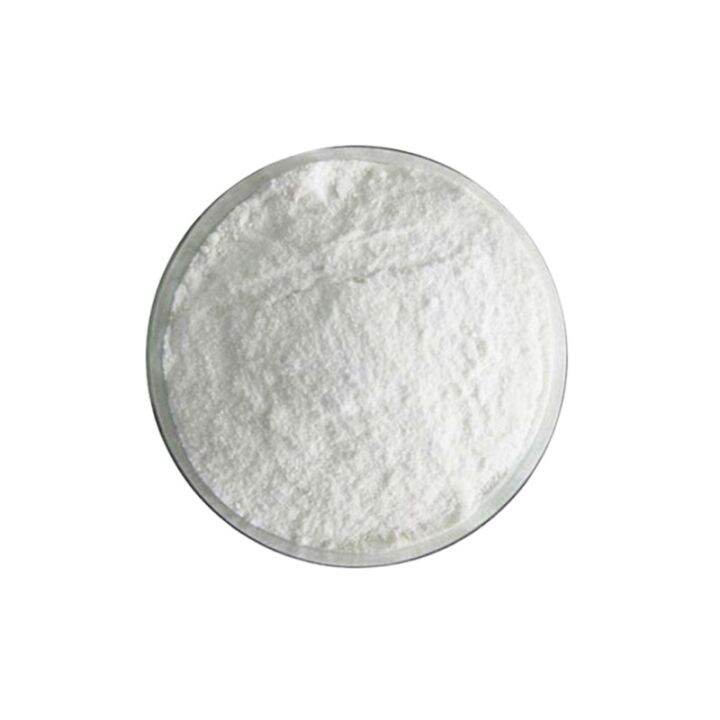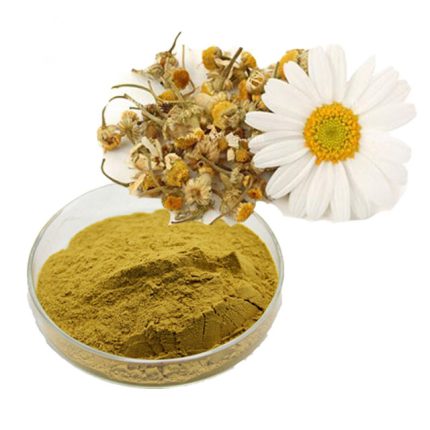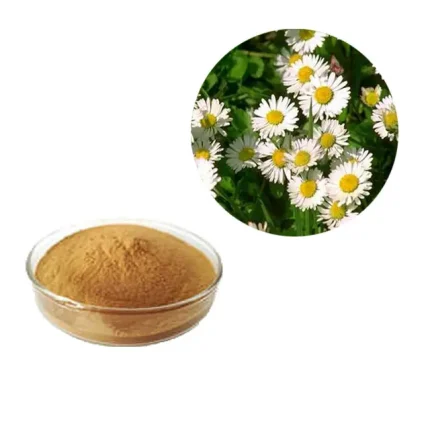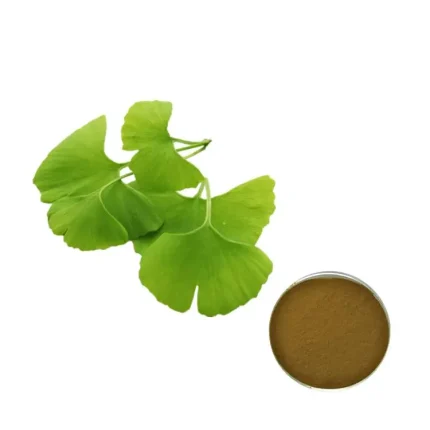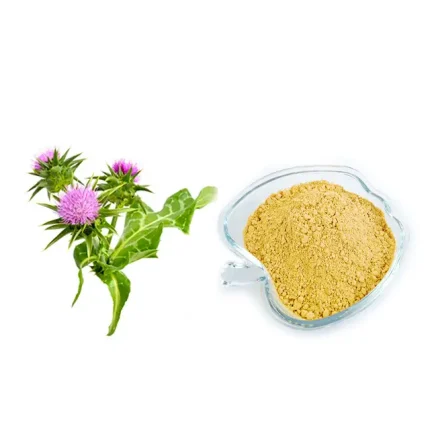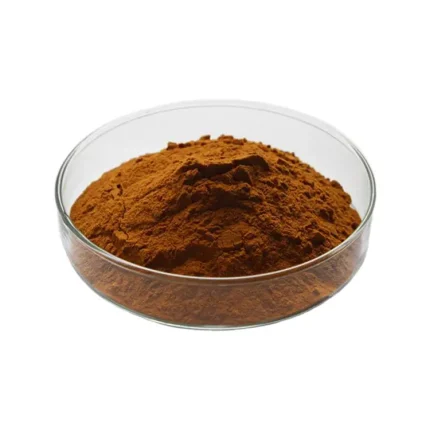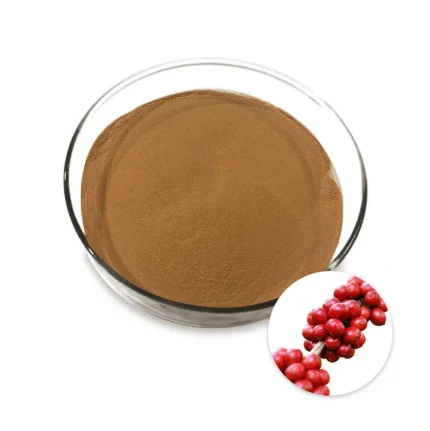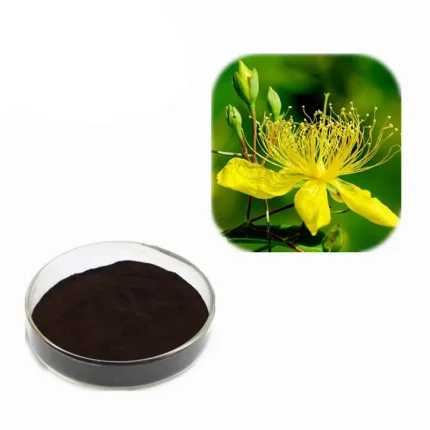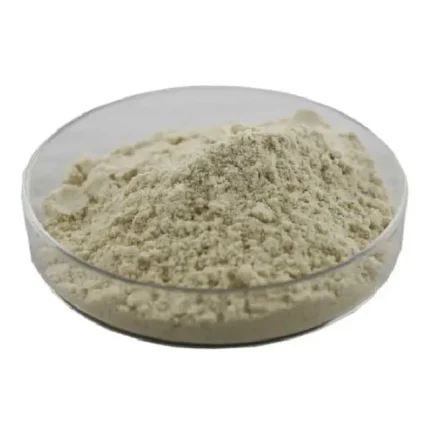Brassinolide is a natural plant hormone that promotes plant growth, increases crop yield, enhances stress resistance, and improves flower and fruit development as well as overall plant health. It is widely used in agriculture, horticulture, and plant research, particularly for crop yield enhancement and growth regulation.
Product Advantages
- Promotes Plant Growth: Brassinolide helps stimulate cell division, elongation, and enhances photosynthesis, leading to increased plant growth and vitality.
- Improves Crop Yield and Quality: It boosts fruit development, flowering, and seed formation, leading to higher crop yield and better quality produce.
- Enhances Stress Resistance: Increases plant resistance to abiotic stresses like drought, cold, and salinity, improving overall plant health in challenging environmental conditions.
- Improves Root Development: Brassinolide encourages robust root growth, which supports overall plant development, water uptake, and nutrient absorption.
- Non-toxic and Environmentally Friendly: It is a natural plant growth regulator, safe for use in organic farming and sustainable agriculture.
Applications
- Agriculture: Widely used to enhance crop growth, improve yield and quality in vegetables, fruits, grains, and other crops.
- Horticulture: Used to promote better flowering, early fruiting, and overall plant health in ornamental plants and flowers.
- Plant Research: In plant biology studies, used to explore plant growth regulation mechanisms and stress tolerance.
- Soil Treatment: Can be used in soil treatments to stimulate root development and promote stronger plant growth.
Product Specifications
| Product Name | Brassinolide |
| Latin Name | Brassica spp. or Brassica campestris |
| Active Ingredient | Brassinolide (C28H48O6) |
| Test Method | HPLC (High Performance Liquid Chromatography) |
| Appearance | White to off-white crystalline powder |
| Part Used | Extracted from plants |
| Packaging Details | Available in bulk or custom packaging |
| Shelf Life | 24 months when stored in a cool, dry place away from direct sunlight |

